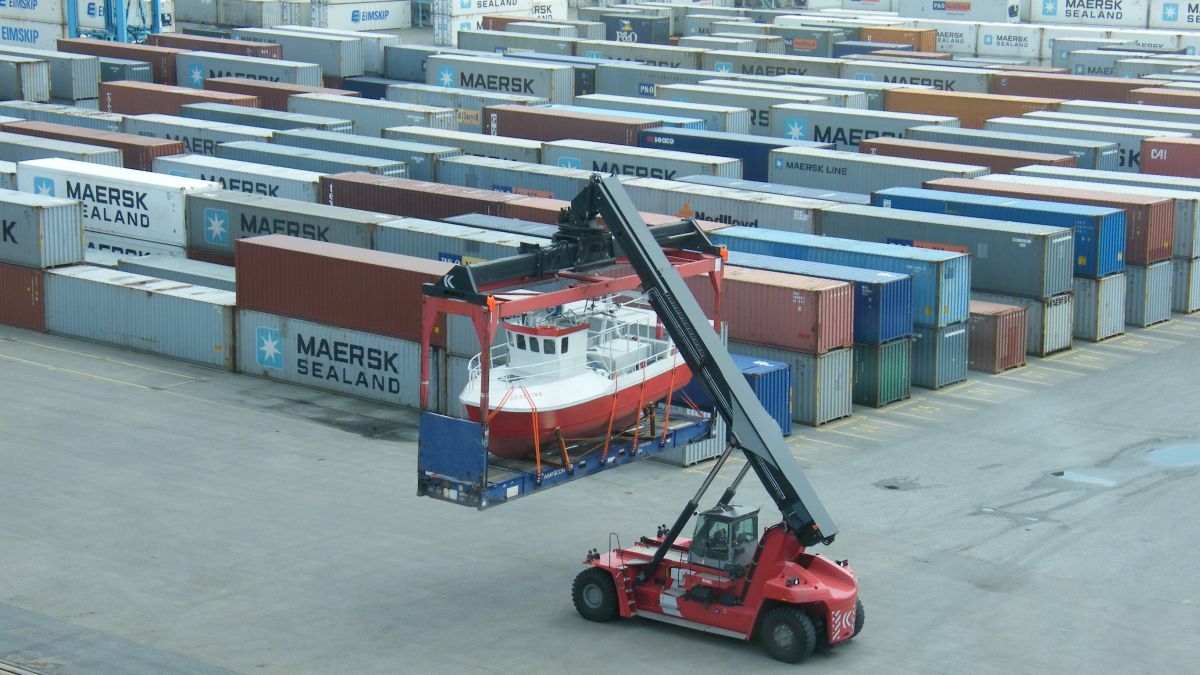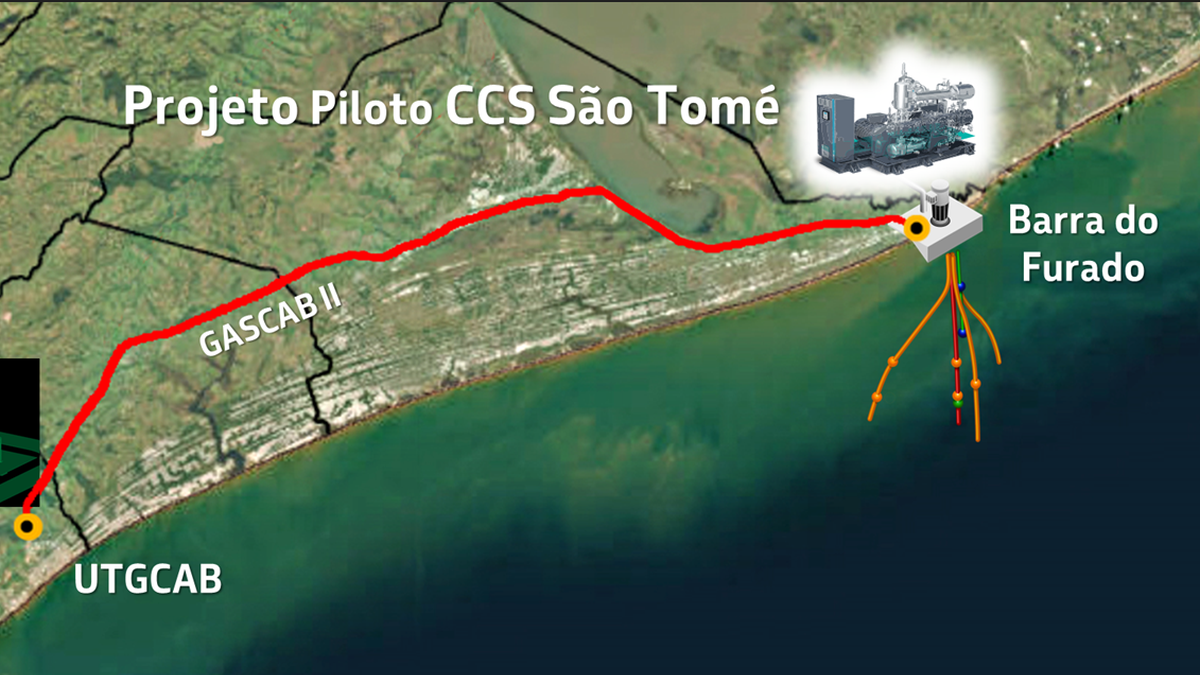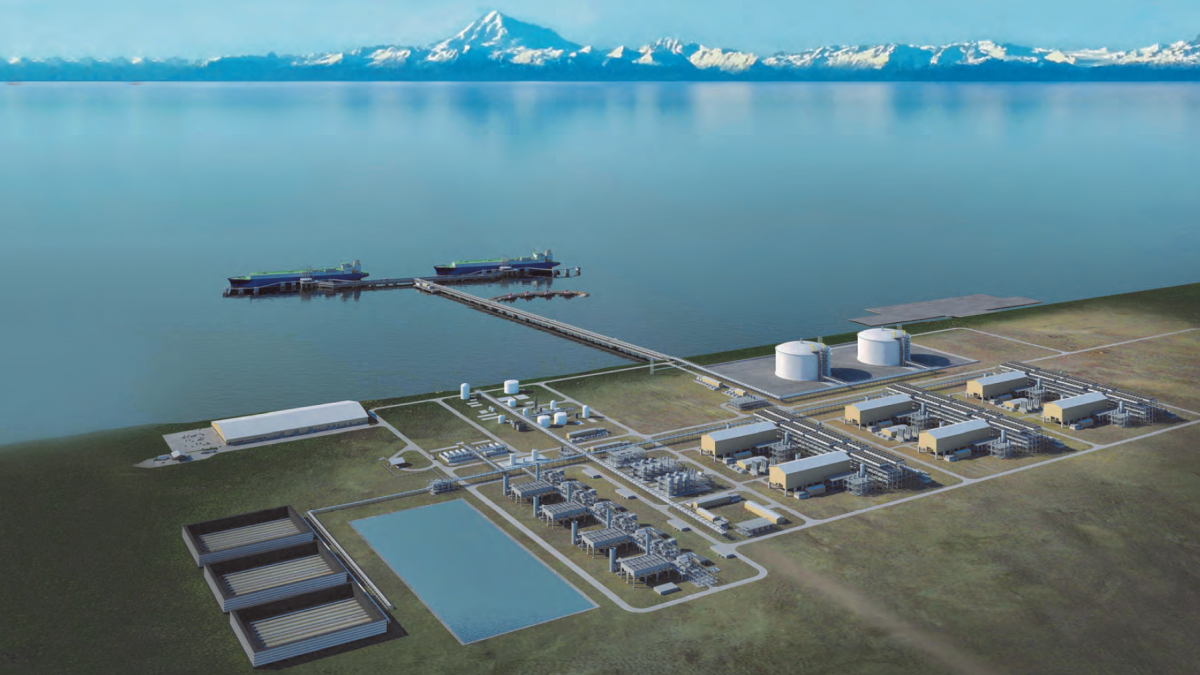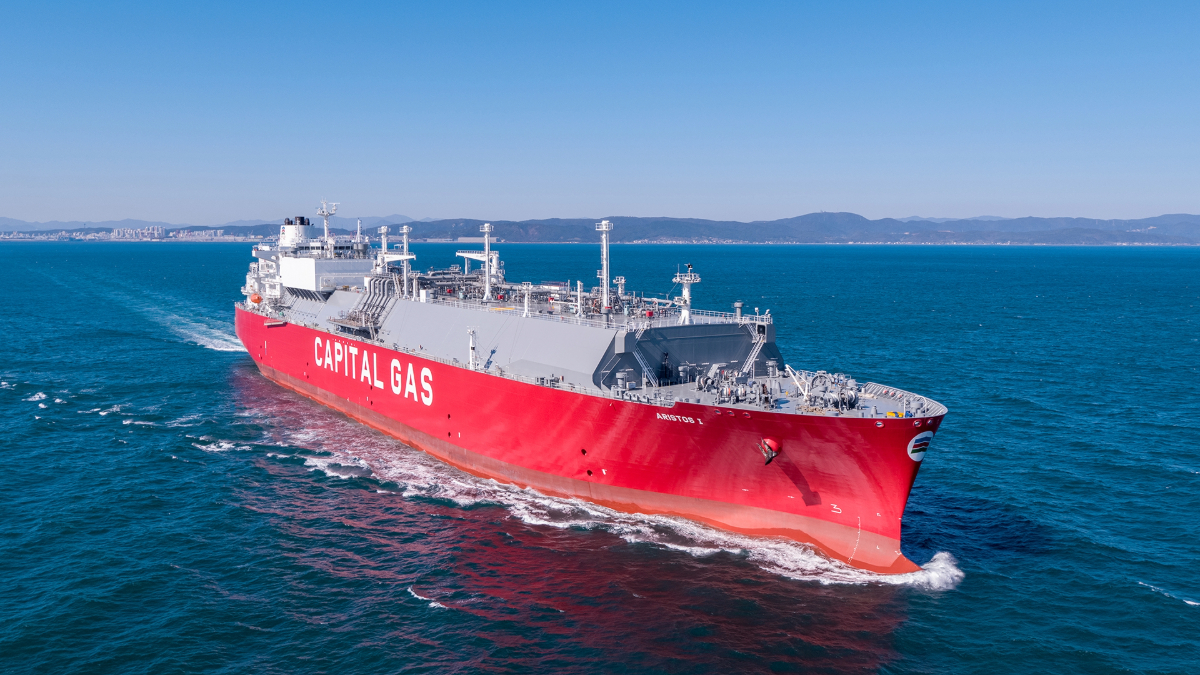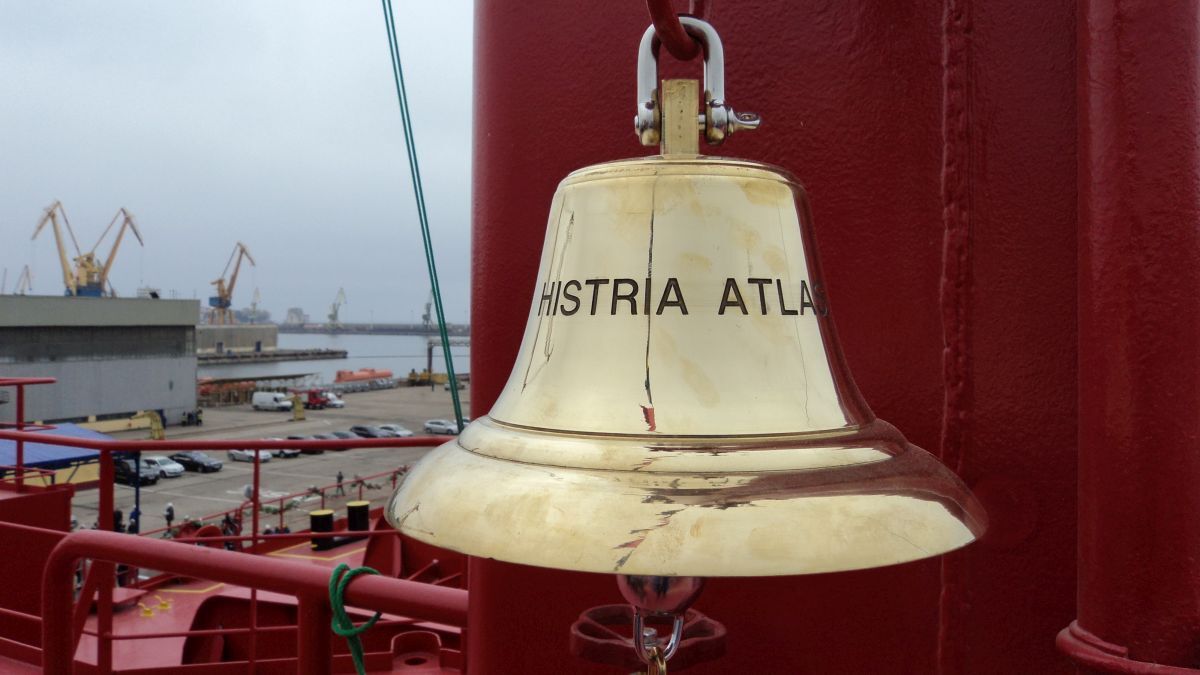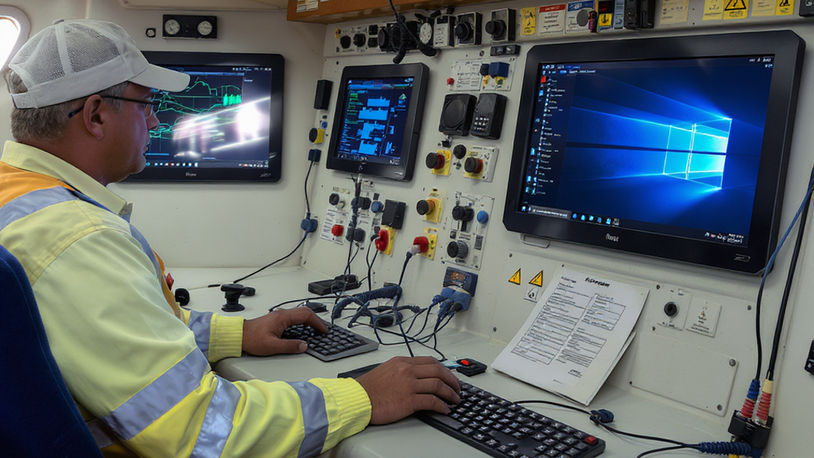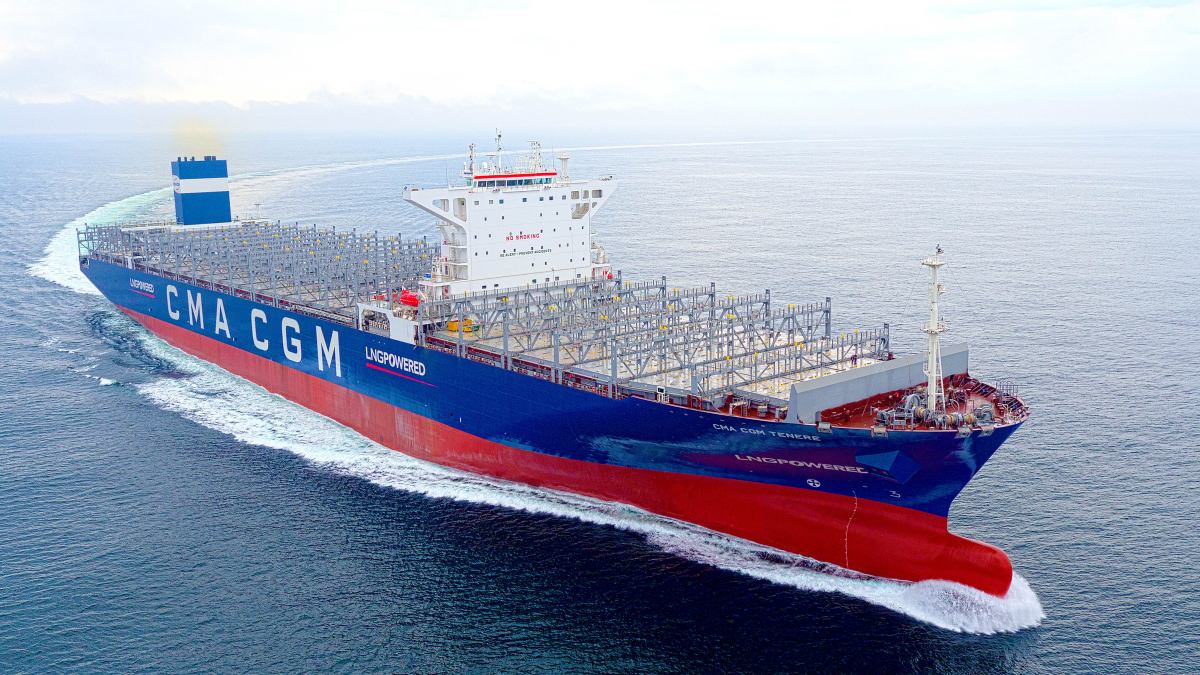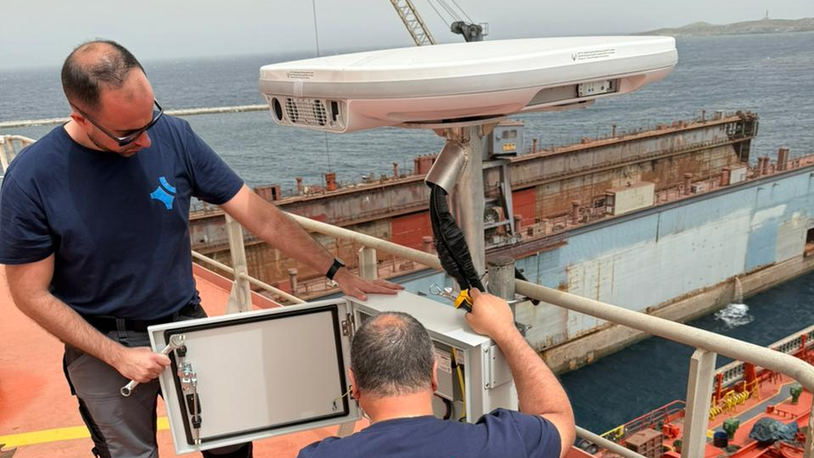Business Sectors
Contents
Why box shipping needs digitalising and downsizing to right-size
Riviera’s Container Shipping Leaders webinar saw experts delve into the ways digitalisation can help mitigate the impact of the ongoing pandemic, right-sizing business operations and vessels, and maintaining resilience in a changing market
As Digital Container Shipping Association (DCSA) chief operating officer Henning Schleyerbach told attendees at Riviera’s Container Shipping Leaders webinar, "Covid-19 has been a stress test that has brought out the vulnerability of today’s optimised but inflexible supply chain".
Mr Schleyerbach said his experience as a physicist has taught him that putting a system under stress reveals strengths and weaknesses, and that the container shipping sector did not hold up well under the initial stress brought about by widespread lockdowns and a global medical crisis.
Pointing to supply chain problems with critical items such as sanitisers and protective masks, he said, "Some goods have piled up and this has resulted in a shortage of equipment and storage space at the terminals, mainly the transhipment terminals. The lower [overall] demand has also led to blank sailings. In addition to that, we have impeded workforces at the shippers but also at the shipping lines. And that made it a lot more difficult to get the goods… to your final destination."
Ultimately, Mr Schleyerbach said, the pandemic has resulted in a less reliable supply chain, and he said DCSA believes the supply chain needs additional standardisation and collaboration, largely through digitalisation.
“We believe at DCSA that global supply chains need collaboration and standardisation to enable simplicity, multimodal reliability and also transparency,” he said.
“For me, [simplicity] means it is easy to order and change shipping services using digital documentation and connected systems… If we look at multimodal reliability, we see there is a need for real-time visibility of cargo and status.”
Noting the need for transparency, Mr Schleyerbach said DCSA is working on standards to enable an ‘ecosystem’ of trust and maintained commitment to operational and commercial promises from all parties.
Building trust through transparency would, in turn, build resilience in digital systems.
“If you have all this in place, you have an environment where transport parties can share data about their performance in a confidential way,” he said.
Smaller ships, bigger profit
Representing a "smaller ocean carrier", Atlantic Container Line president and chief executive Andrew Abbott turned to the issue of vessel size and right-sizing business operations.
"From a carrier perspective, you have a lot less cargo than you did," he said. "When you have a market decline, there is not enough cargo around to fill everybody’s ships and certainly not enough cargo around to fill a big ship."
Noting that "there is always enough cargo around to fill a little guy", Mr Abbott said virtually every major container shipping alliance has had blank sailings while the same has not been true for smaller carriers. Pointing out that large carriers are also requesting government support to survive, a practice he said was not sustainable, Mr Abbott drew a comparison between major container carriers sailing mega-ships and airlines taking large aircraft out of service due to market changes.
"The ocean carriers seem to think we can buck the trend when the basic premise is the same," he said.
Looking at the largest carriers, he said the number of TEU "floating around" was next to impossible to keep track of and monitor "unless you are fully invested in... operation with digitalisation".
While larger ships offer greater economy of scale and lower pricing for customers, they only offer profitability if they sail full, Mr Abbott said.
Speaking to uneven levels of service created by economy-of-scale transactions, he said that when "customers are numbers, you have too many" and "as a result your service deteriorates".
Mr Abbott laid out a scenario where large container lines with large vessels outsource customer management to wholesalers and freight forwarders to take over customer care. With the conglomerates focusing on the highest volume and lowest profit-margin customers, he said, they lose the smaller customers who offer the most profitable cargo transport contracts.
"You take everything you can find, no matter what the price and you hope, at the end, your averages work out," he said, calling economy of scale in this scenario an illusion.
Staying alive and well in challenging markets
From the perspective of a distributor working with the largest suppliers and users of chemicals and plastics, Vinmar director of transportation Alessandro Menezes said global shipping companies were simply looking at survival.
"The coronavirus pandemic has created devastation in global shipping demand and the entire freight transportation industry has been forced into survival mode," he said.
Noting it is not unusual for global carriers to avoid blank sailings by cancelling voyages to prevent further financial loss, Mr Menezes said this year has been unimaginable in terms of the frequency and the depth to which these sailings were implemented.
"From a shipping perspective, I am proud we were able to continue to deliver our products but also to increase our global footprint in the very unprecedented environment in which we are living right now."
Addressing the question of future challenges to sustainability and viability for shipping, he said rising costs was a big one, including that of excessive demurrage. In terms of risks, he mentioned system outage issues and said early booking was not a fix-all, particularly in unprecedented times.
Ultimately, Mr Menezes pointed to four pillars for shippers to be aware of when striving to remain resilient: collaboration, automation, optimisation and transformation.
Attendees expressed their own opinions on the impacts of the coronavirus pandemic by way of polls. Split nearly in half, attendees said this has had a moderate or severe impact on shipments (48%) with only 5% saying they had seen no impact. In a 60-40 split, attendees said they preferred to do business directly with shipping lines over freight forwarders.
Climate change, coronavirus and container shipping’s ongoing consolidation
DNV GL executive vice president for business development Jan-Olaf Probst looked at the impact of the ongoing Covid-19 pandemic on climate change-related regulation and how cargo ship owners are being affected.
"Yes, the present situation of Covid-19 is hitting the maritime industry, but climate change is not going away," he said.
Noting that IMO was continuing to make progress on developing its greenhouse gas (GHG) reduction regulations in spite of the pandemic, Mr Probst discussed the wider maritime fuels landscape with regard to availability, production and relative energy density to examine the potential case for uptake of several different fuels.
While some alternatives can meet demand in the next decade, assuming a small increase, a rapid increase in demand would necessitate the same level of production capacity growth for all fuels except LNG.
“The only available fuel, of which there is plenty, is LNG. And that is often considered as a transition fuel. No one believes it [gets us to] the end line, but it gives us the possibility to make the step up to 2030 and then through to 2050, especially if you are considering conversions and [installation on] newbuilding vessels” he said.
And this is something that is also being looked at carefully by the shipping lines because with the congestion, they also need longer to complete their loading and discharge operations.
You can calculate that and see that it is a couple of metres more that every box has to move. And that maybe draws back to the question of what is the right size vessel? Vessels clearly can become too big, but the question is, what can we do or what can digitalisation do to ease that problem given the ship size may stay the same?
One thing is I think, planning. DCSA are currently engaged in a project where we try to do proper berth arrival and departure planning so that vessels do not sit waiting or moving in front of a port. Instead, you create situational awareness. You can reduce the vessel’s speed and you can arrive just in time. And that does not only apply for the ship alone. It also applies for the trucks. If you know that you will not be at the berth at 09:00, but only at 16:00, you can call your trucks in later. This is one thing.
Another example of what can help is a project with the port of Rotterdam where they want to have awareness about the next mode of transport. And that sounds simple. But at the moment, the ports and the terminals do not always have transparency about whether the next mode of transport is going to be rail or truck. For some of those containers, they touch them twice, which is reducing overall performance and efficiency of a terminal. This is where proper data sharing can easily create benefits for everyone involved.
Mr Probst’s recurrent message was that climate change will not wait for the world to recover from the coronavirus pandemic or any other concurrent crisis. It stands on its own as a crisis that must be addressed immediately and with careful planning for the longer term.
In his concluding remarks, Mr Probst reiterated that owners must prepare themselves to fight concurrent crises. Yes, several segments of shipping, including the cargo sector, are facing economic pressure even after a prolonged period of consolidation. Yes, the pandemic has created difficulty and perhaps even a paradigm shift for world trade. But neither of those realities give shipping or cargo vessel owners an out.
“In this moment, the world is fighting against Covid-19 considerations. The maritime industry has to cope and find its way out of those situations, as does the worldwide economy. But climate change is not standing on the side, and the kind of challenging role of environmental [regulation] for the maritime industry will not disappear due to Covid-19,” he said.
Right-sizing: downsizing or digitalising?
One question for the webinar panel focused on the trend towards mega vessels in container shipping, the impact on port logistics capabilities of those mega deliveries and whether the answer lay in smaller vessels, better digital logistics platforms… or both.
Here is what Digital Container Shipping Association (DCSA) chief operating officer Henning Schleyerbach had to say, edited for clarity.
With larger ship sizes, what used to be a small and constant flow of import or export boxes for a port is now coming in large bunches, increasing the congestion in a port and giving the ports more of a logistical challenge.
Sign up to attend our upcoming series of operational and technical webinars on our events page. All the previous webinars can be viewed in full, in our webinar library.
Related to this Story
Events
Offshore Wind Webinar Week
Maritime Decarbonisation, Europe: Conference, Awards & Exhibition 2025
Offshore Support Journal Conference, Americas 2025
© 2024 Riviera Maritime Media Ltd.


